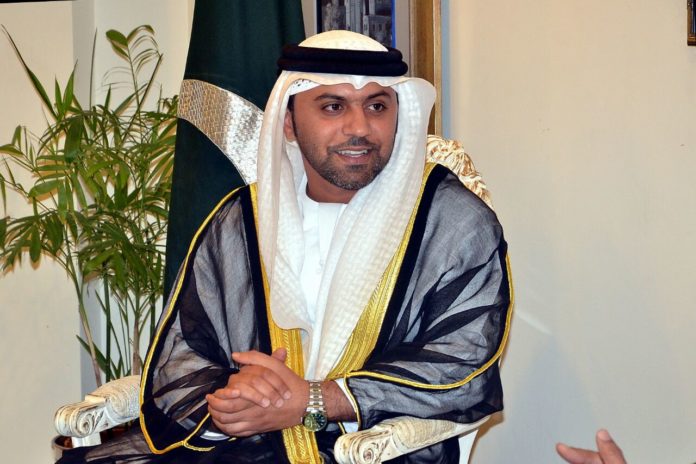Hamad Obaid Al Zaabi
As the UAE prepares to host the largest United Nations climate change conference, COP28, later this year, UAE President His Highness Sheikh Mohamedbin Zayed Al Nahyan recently announced 2023 as the “Year of Sustainability” to emphasize the importance of sustainability in shapinga more prosperous future.
This announcement signifies the UAE’s commitment to sustainable development and its recognition of the global climate emergency that can only be addressed through collective action. The Year of Sustainability will include a range of initiatives to reduce the UAE’s carbon footprint, increase environmental awareness, and promote sustainability in the public and private sectors.
The UAE has emerged as a global leader in sustainability in recent years as a result of its ambitious vision, strategic investments, and robust pro-climate policies. With a rapidly growing population, the UAE has recognized the need to transition to a more sustainable future and has taken bold steps to achieve this goal.
One of the key pillars of its sustainability agenda is renewable energy, as theUAE has set a target of generating 50% of its electricity from clean sources by 2050. In 2020, the UAE commissioned the world’s largest single-site solar energy project at Mohammed bin Rashid Al Maktoum Solar Parkwith a capacity of 1.2 gigawatts (GW).
Significant reforms are also underway in the transport sector, with sizeableinvestments in the country’s mass transit systems, such as the Dubai Metro. Dubai’s road and transport agency wants to see 100% electric and hydrogen-powered vehicles across the emirate’s public transport network by 2050, and around USD 160 billion is also being invested in a range of ambitious schemes aimed at achieving carbon neutrality through the UAE’s Net Zero by 2050 Strategic Initiative.
In addition to its domestic efforts, the UAE has also emerged as a leader in global sustainability initiatives. The country is a signatory to the Paris Agreement on climate change and has pledged to reduce its greenhouse gas emissions by 23.5% by 2030. The UAE also hosts the International Renewable Energy Agency (IRENA) and has convened several important international conferences on sustainability, including the World Future Energy Summit and Abu Dhabi Sustainability Week.
The UAE’s sustainability efforts have received widespread global recognition. In 2021, the UAE was ranked first in the Middle East and North Africa region in the Global Green Economy Index.
The UAE’s commitment to sustainability is a model for other countries to follow, and the Year of Sustainability will be a turning point for the country and for the world as the UAE demonstrates that sustainability is not only achievable, but essential for our future.
As we look ahead to COP28 and beyond, the UAE and Islamic Republic of Pakistan canadvanceregional and global cooperation through collective efforts to create a more sustainable, equitable and prosperous future for all, especially for the most vulnerable countries onthe Climate Risk Index.
In conclusion, the UAE’s role in sustainability is an inspiring example of what can be achieved when a nation prioritizes sustainable development through its investments in renewable energy, water conservation, and global initiatives. As the world confronts the urgent challenges of climate change and environmental degradation, the UAE’s leadership in sustainability is more important than ever.
The writer is the Ambassador of United Arab Emirates to Pakistan

















